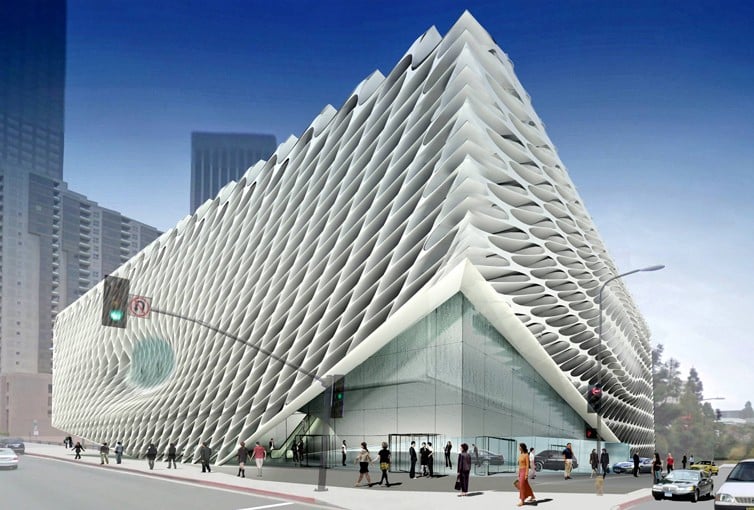Are art museums better off offering free admission? As the art market surges, and museum attendance rises, the question of what kind of ticket prices institutions should charge continues to be a hot-button issue.
While free admission has obvious benefits — UCLA’s Hammer Museum began offering it this past February and by the end of the year had seen a 25-percent increase in attendance — financing such a policy can be difficult.
At the Dallas Museum of Art, the recently-instituted free admission policy is supported by a federal grant. In New York, the Bronx Museum of the Arts eliminated its $5 entry fee thanks to a three-year grant, but with that funding set to expire, the museum is scrambling to find the necessary $250,000 in its budget to extend the popular policy.
With federal grants from organizations like the National Endowment for the Arts and the National Endowment for the Humanities drying up (both fell from $167.5 million to $146 million over the past five years), museums are hard-pressed to find ways to make up for lost revenue from ticket sales. In some cases, this can lead to controversial corporate sponsorship.
The Indianapolis Museum of Art, which had been free for decades, began charging $18 for tickets in April, thanks to financial difficulties. New York’s free Museum of Biblical Art (which is charging $12 admission for its current Donatello exhibition) recently announced that it would close at the end of the month, as it was unable to afford New York City real estate prices.
How much is a museum missing out on if it doesn’t sell tickets? Not that much, it turns out: just four percent of its earned revenue on the national average, Dallas Museum of Art director Maxwell Anderson told Fortune. Unsurprisingly, the New York’s Metropolitan Museum of Art and Museum of Modern Art, which both charge $25, do much better, at over 10 percent.
In December, the Los Angeles Times argued that as tax-exempt non-profits, art museums should be free, as the public is already contributing to museum coffers by way of tax dollars.

In the case of the soon-to-open Broad Museum in Los Angeles, the free admission comes courtesy of its philanthropist founders, Eli and Edythe Broad. “They felt strongly that free admission was the best way to make great works of contemporary art accessible to all,” a spokesman for the couple told Fortune.
While a 2013 report from the American Alliance of Museums found that 37 percent of American museums are free or have a suggested donation, most institutions here in New York are not among their ranks.
With its move downtown, the Whitney Museum of American Art took the opportunity to raise its prices from $20 to $22, slotting itself comfortably below the Guggenheim and MoMA’s $25. (Even the hardworking construction workers who labored to build the institution’s new flagship only have a year to enjoy complimentary entry to the museum.)
The Metropolitan Museum was recently victorious in a lawsuit contending that its $25 suggested donation ticket prices violated the museum’s charter, which requires free admission to the public in exchange for its rent-free lease. The Frick Collection charges $20, the Brooklyn Museum charges $16, and the Queens Museum charges $8.
When MoMA reopened in 2004, Filip Noterdaeme, founder and director of the Homeless Museum of Art, protested the $8 admission hike, up to $20, encouraging visitors to pay with 40 rolls of pennies to demonstrate how outrageous the price was. “I say MoMA stands for Money Over Modern Art,” he told the New York Times.
For a free art museums, New Yorkers have to head uptown, to the Bronx Museum or the Hispanic Society of America, or brave the crowds on free admission days.























